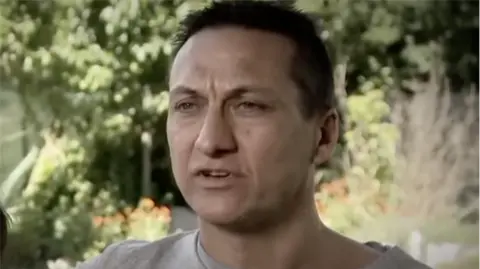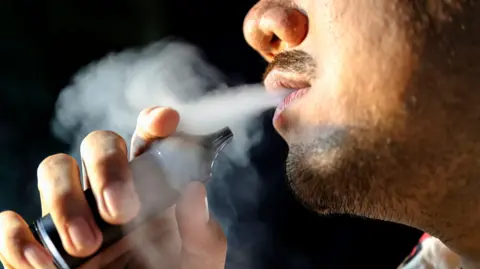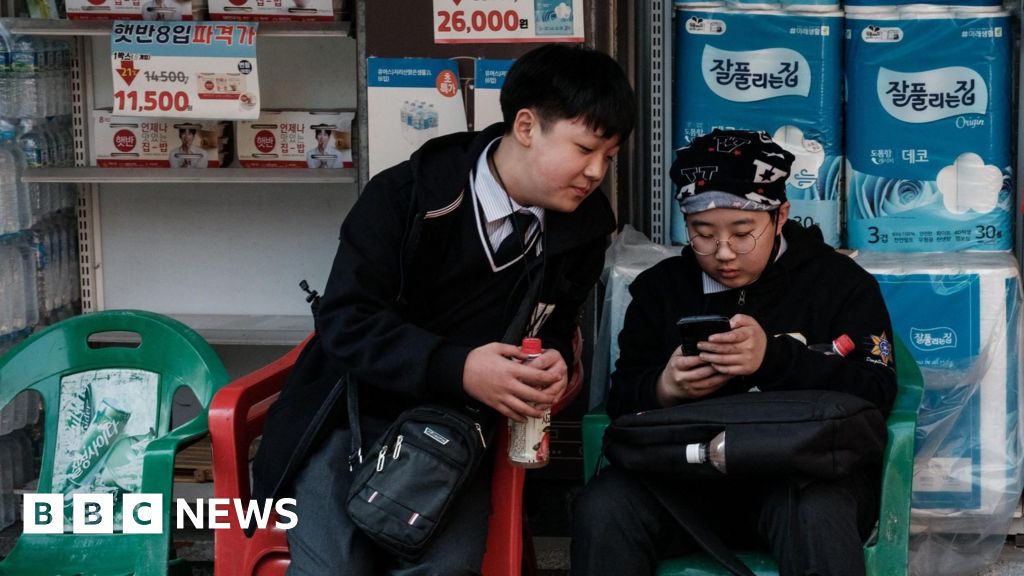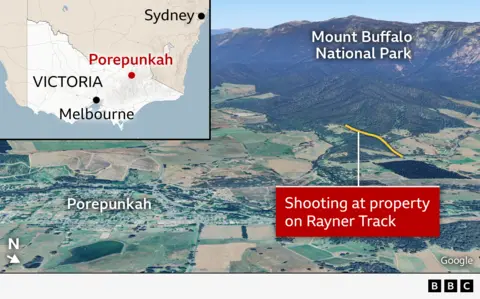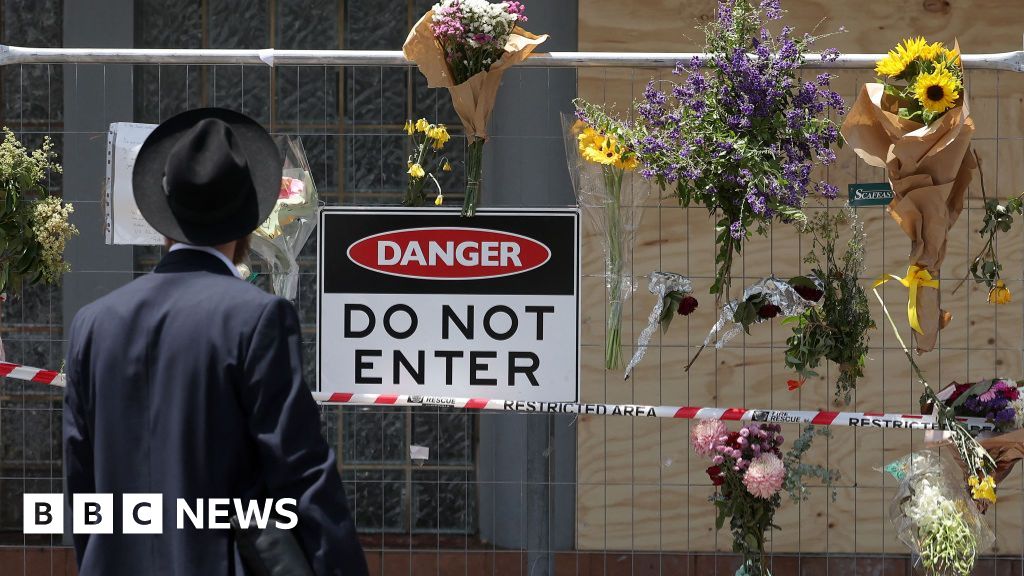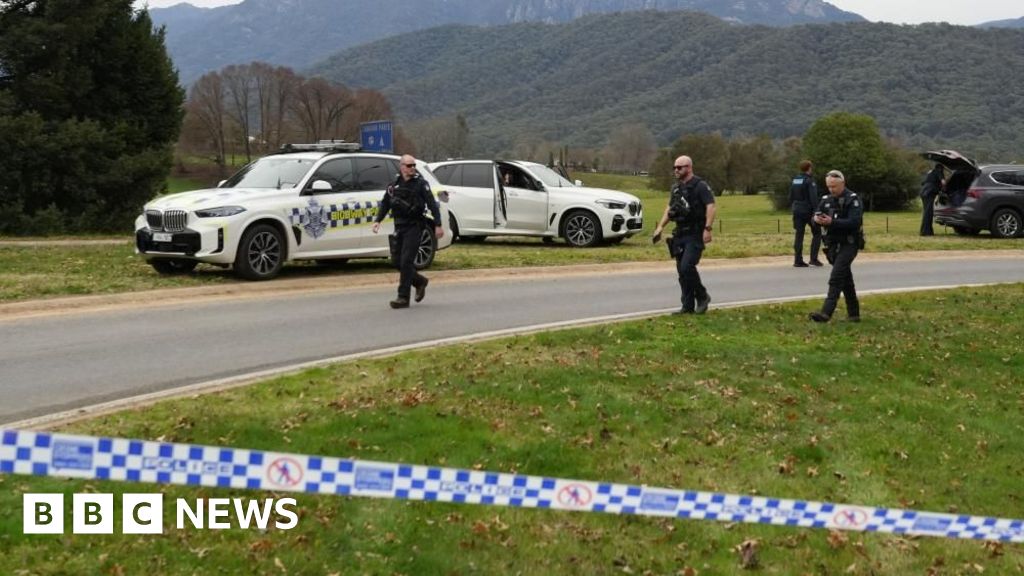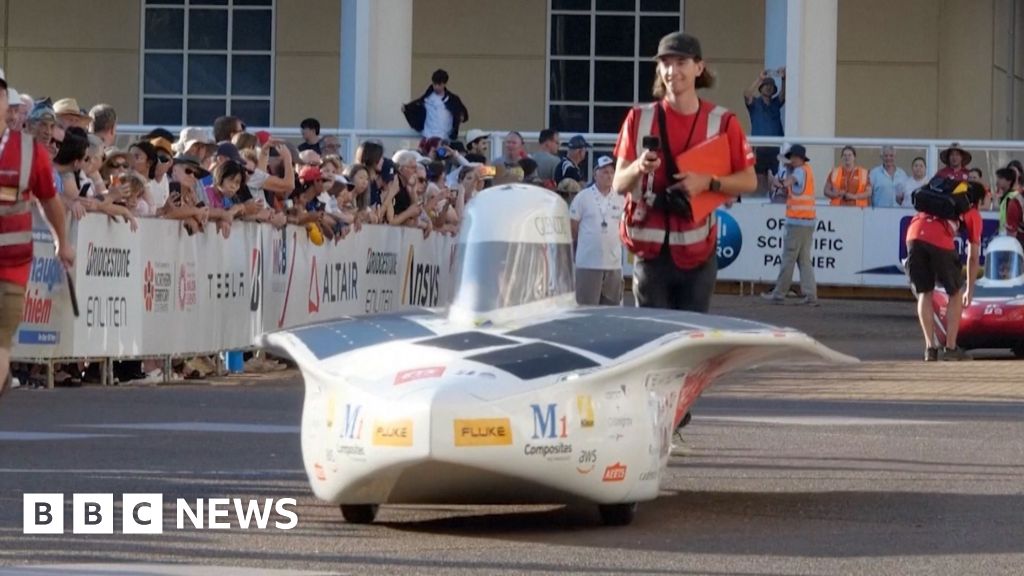A recent study suggests a hopeful decline in vaping rates among Australian youth, coinciding with a year since the government's ban on disposable vapes took effect. According to Cancer Council Australia's nationwide research project, Generation Vape, vaping rates in 14 to 17-year-olds decreased from 17.5% at the beginning of 2023 to 14.6% in April. The findings also indicated a substantial reduction of over a third for individuals over the age of 15.
Australian Health Minister Mark Butler attributed this positive trend to the government's proactive education and prevention campaigns designed to discourage vaping and smoking. He highlighted that authorities confiscated more than 10 million illegal vapes within the past year, reflecting the seriousness of the crackdown.
The legislation prohibiting the manufacturing, importing, marketing, and sale of single-use vapes went into effect in July 2024. Furthermore, nicotine vapes are now only available through prescriptions at pharmacies. Despite these measures, a persistent black market for nicotine vapes has been noted in Australia.
As a parallel, the UK has also implemented a similar ban on disposable vapes since June 2023. While vapes do not contain tobacco and are generally regarded as safer than traditional cigarettes, health professionals warn that they are not completely without risk and that the long-term effects of their usage remain uncertain.
Rising concerns around youth vaping drove Australia’s decision to enact these measures, with Health Minister Butler stating that these products might lead to a new generation addicted to nicotine. The latest survey results showed that approximately 85.4% of the young participants, numbering around 3,000 individuals aged 14 to 17, had never vaped, and less than a third expressed interest in trying vaping—indicating a notable decline in curiosity regarding these products.
Cultural attitudes toward vaping among school-age children are evolving, as evidenced by interviews conducted in the study suggesting that many current or former users feel shame or embarrassment associated with vaping. Although fewer teenagers report successfully purchasing vapes independently, tobacconists and vape shops continue to be significant sales avenues.
In a recent interview with the Australian Broadcasting Corporation (ABC), Minister Butler voiced optimism that Australia may have passed the peak of its vaping crisis. He acknowledged the challenges ahead in combating both vaping and illicit tobacco usage. Despite tough regulations, tobacco use remains Australia's leading preventable cause of death, claiming over 24,000 lives annually.







